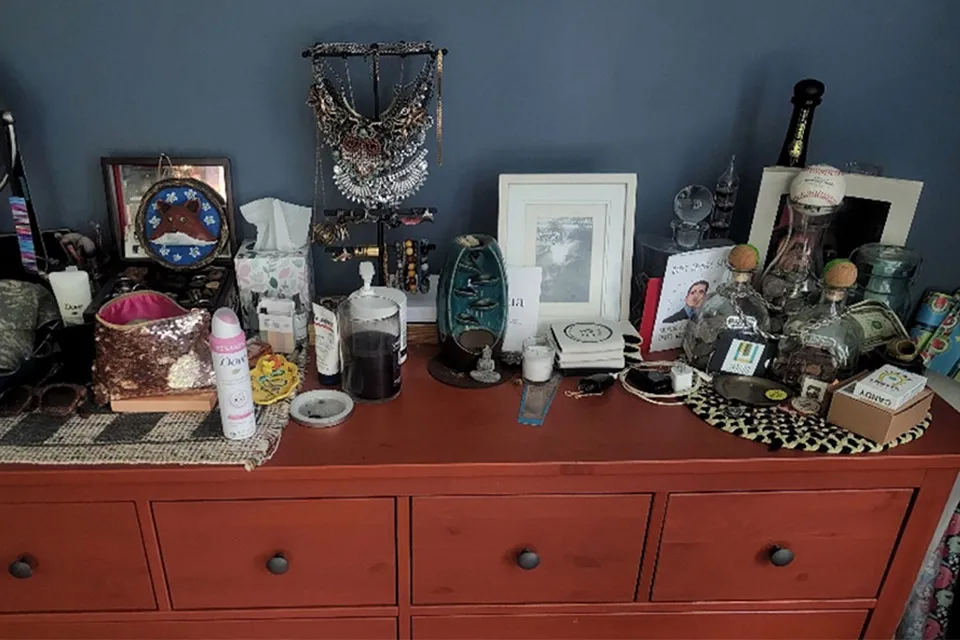What’s your masculine style: Neo-traditional, egalitarian or progressive?

Men navigate their intimate partner relationships depending on their masculine style, says new research led by UBC School of Nursing professor and men’s health expert Dr. John Oliffe.
The study, which drew from in-depth interviews with 92 straight men ages 19 to 43 from diverse cultural backgrounds, found three types of masculinities:
- Neo-traditionalists – Some men largely follow traditional gender roles, such as being the provider and protector in the relationship
- Egalitarian – Others seek a more equal partnership, with emphasis on mutuality and measurable give and take
- Progressive – Other men work on building gender equity in the partnership through regular, purposeful conversations with their partner to adjust who does what
“We set out to understand how different types of masculinities shape men’s relationships and their mental health. What we found was that these masculine types were associated with different benefits as well as challenges,” noted Dr. Oliffe, the Canada Research Chair in Men’s Health Promotion.
For instance, men who actively promoted gender equity and social justice reported improved mental well-being – but Dr. Oliffe observes that men who challenged these ideals could face isolation or criticism from others, which can impact their mental health. The study also found that some men with an egalitarian style still struggled to grasp the concept of achieving gender equality through splitting domestic tasks strictly 50-50.
“These shifts and stresses have implications for mental health,” said Dr. Oliffe. “To promote meaningful change, we need to address the structures that influence men’s behaviours.”
The study is the latest from the UBC Men’s Health Research Program to explore connections between masculinity and men’s mental health.
“While men are becoming more involved in promoting gender equity, little is known about how younger men work to build partnerships in their private lives,” noted Dr. Oliffe. “With this research, we hope we have helped map that uncharted space and point a way forward for healthier relationships that promote the health of men, their partners and families.”

To share their findings, the team launched an online photo exhibition titled Men Building Intimate Partner Relationships featuring 120 photographs from more than 700 submitted by the study participants.
“There are photos depicting neo-traditional, egalitarian or progressive masculinity, and visitors are invited to take a quiz to decide which images fit with each masculinity. We’re not only highlighting our research outcomes, we’re also inviting input from visitors about how they see themselves – and how they build gender equity in their intimate partner relationships,” said Dr. Nina Gao, research manager for the men’s health research program.


